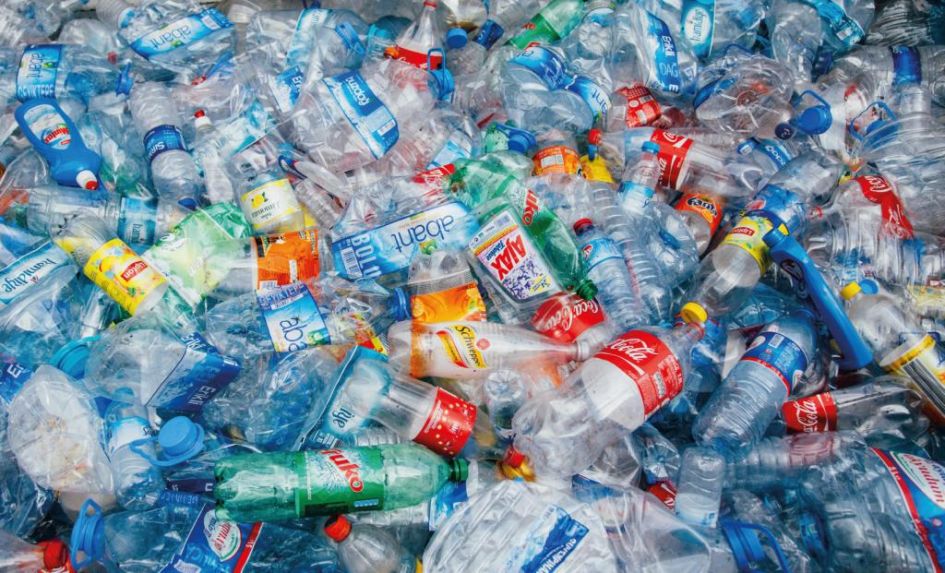Given that they’re the ones who’ll be contending with the impact, it’s hardly surprising that children and young people have become increasingly vociferous and active in calling for action to tackle climate change and environmental harms.
Now the international wildlife charity Born Free is encouraging schools to engage with that strength of feeling by getting students involved with its ‘Great Debate’ initiative. Conceived as an annual project, the initiative will provide KS2 to KS4 teachers with a series of free cross-curricular lesson plans, activities and resources aimed at prompting a meaningful debate under the banner of a main overarching topic that will change each year.
The initial launch topic will be ‘Plastic: Whose responsibility?’ with talking points set to include the impact of plastics on environmental, wildlife and human health, the long-term damage plastics can cause and where responsibility for their ubiquity and ongoing efforts to dispose of them should lie.
The project is being backed by science and wildlife presenter Liz Bonnin, who has recorded a video to introduce this year’s topic. She comments: “The full impact of plastics on our environment is only just beginning to be discovered by scientists, but what they’re saying from studies so far is that we can’t underestimate how damaging plastics can be to our environment and natural world if not properly used and managed.
“I’ve seen Shearwater chicks bringing up plastics from their stomachs. I’ve seen seals entangled in fishing nets. I’ve seen how corals are dying because plastic is delivering toxic loads of bacteria to an already stressed ecosystem. When it comes to our terrestrial wildlife, scientists are beginning to discover that the chemicals in and on plastic can be incredibly toxic. The more I learn about the scale of this problem and how it can impact our natural world – including human beings – the more I know that it’s important to act now, before it’s too late.”
Laura Gosset, head of education at Born Free, in turn notes that “Future generations will have the tremendous responsibility of protecting our planet from a catastrophic decline in wildlife from which our ecosystem may never recover. There will be significant implications for wildlife, habitats and people alike. That’s why Born Free’s education team is committed to fostering a love for the natural world, increasing awareness of the threats and challenges facing wildlife and empowering young people to make sustainable choices.”
Schools taking part will receive five complimentary one-hour lesson plans with accompanying worksheets, PowerPoint presentations and a summary of learning objectives and curriculum links. Schools will be able to organise their debates at a time of their choosing, though any completing all five lessons and the debate by the end of the autumn term will have the option of including their students’ feedback in an official report, which Born Free intends to present to government in order to draw attention to young peoples’ voice regarding plastic.








